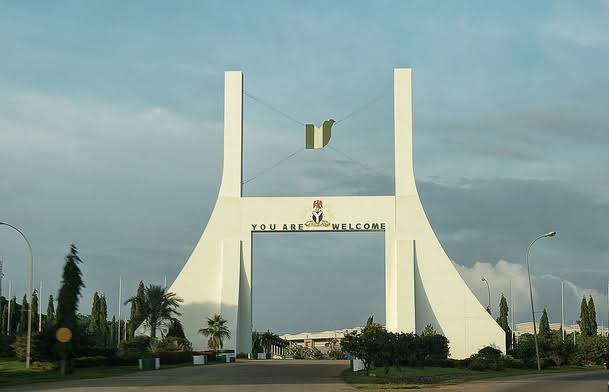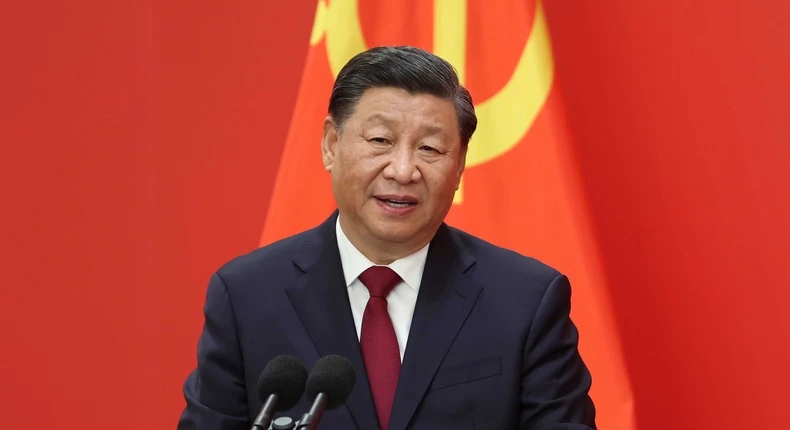The former Anambra State Governor and the Presidential Candidate of the Labour Party, Peter Obi has criticized the recent increase in petrol prices, labeling it as “unfortunate” and “insensitive” to the welfare of Nigerians.
He urged the government to reconsider this decision, emphasizing the economic strain it places on citizens.
In a series of posts on X (formerly Twitter) on Saturday, Peter Obi emphasized that the sudden increase in petrol prices exacerbates the hardships faced by Nigerians who are already grappling with a high cost of living. He argued that this decision deepens the struggles of many citizens.
Obi also criticized the Nigerian National Petroleum Corporation for operating as a limited company while simultaneously serving in a regulatory capacity alongside the Nigerian Midstream and Downstream Petroleum Regulatory Authority and the Nigerian Upstream Petroleum Regulatory Commission.
He posed the question, “Who is regulating who?” to highlight potential conflicts of interest in the industry.
Obi urged the President to provide alternatives, explain the rationale behind the price hike, and ultimately reverse the decision, stressing the need for transparency and accountability in addressing the economic challenges facing Nigerians.
The statement read, “As Nigerians continue to groan under extremely difficult economic conditions, largely caused by the Federal Government’s wrong policy choices, the NNPCL has once again raised the price of fuel (PMS) without providing any explanation.
“This is both unfortunate and insensitive, considering the wide-ranging negative consequences for our economic survival and well-being.
“We are told that the NNPCL is now a limited liability company, regulated by agencies such as the NUPRC and NMDPRA, yet there seems to be growing confusion about the roles and responsibilities of the NNPCL and these regulating bodies.
It was earlier
the NNPC Limited has raised petrol prices, with costs reaching approximately N998 in Lagos and N1,030 in Abuja. This increase has sparked widespread concern and criticism regarding its impact on citizens.










